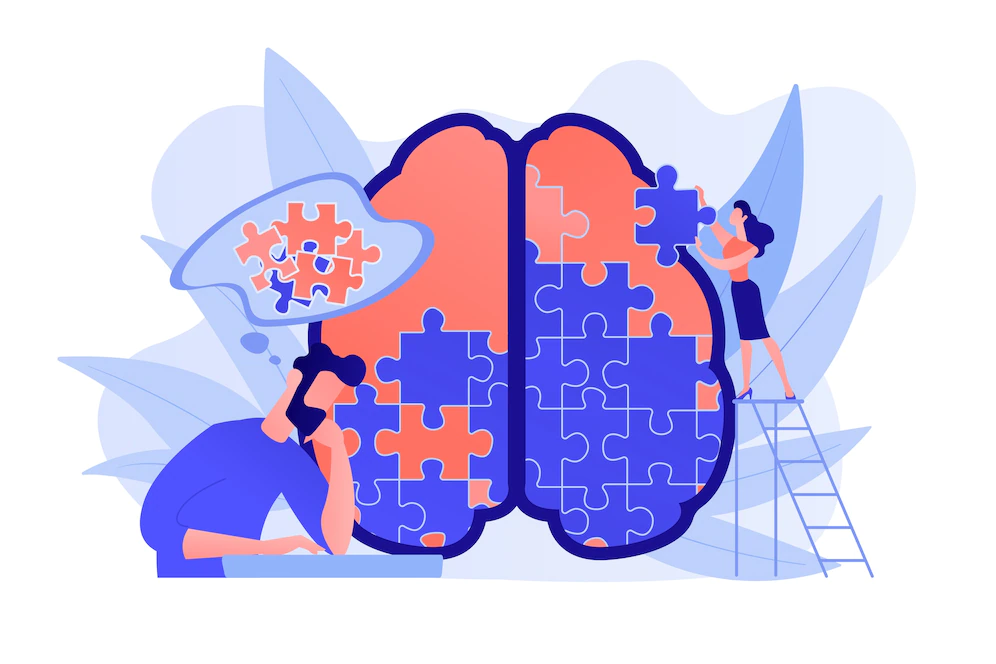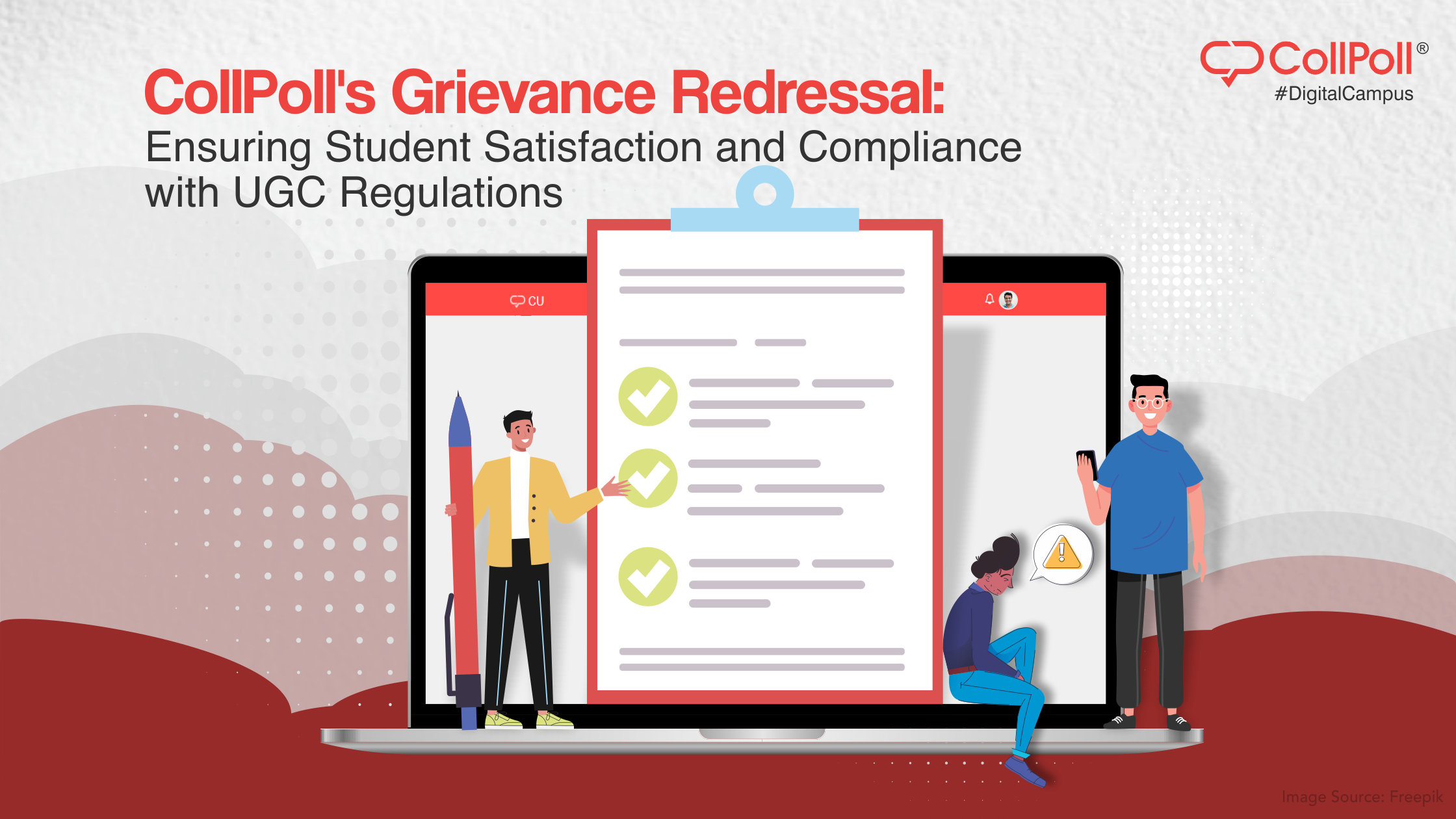Starting college is a milestone in any student’s life. Moving away from home, learning to be independent on a budget, adjusting to a new environment, and keeping up with the academic curriculum can all be valuable learning experiences.
However, college life can also be stressful for students. Most recently, the disruptions caused by the pandemic exacerbated this stress. A recent survey indicated that a quarter of students experienced ‘above-average stress’ due to Covid-19.
Apart from the pandemic, there are other mental health risks in campuses too. Young adults often face pressures due to exams, limited finances, bullying, peer pressure, etc. These drive many young adults towards substance abuse, eating disorders, depression, or even suicide ideation.
Causes of Mental Health Issues on Campuses
Here’s why mental health issues often arise on campuses.
Lack of Screening
When it comes to mental health, early diagnosis and early intervention are the golden principles. A study by the World Health Organisation in 2016 said “Mental disorders are common among college students, have onsets that mostly occur prior to college entry, in the case of pre-matriculation disorders are associated with college attrition, and are typically untreated.”
The study then added that early detection and effective treatment of these disorders could reduce attrition and improve educational and psychosocial functioning of the student.
Hence, screening students for mental health risks is vital, especially in a developing country like ours where only 1 in 10 individuals with mental health concerns is diagnosed and treated.
Lack of Enough Mental Health Professionals
Psycho-social concerns in the wake of Covid-19 have cast light on the lack of trained mental health professionals in India. Because of this shortage, college/psychology teachers have to double as counsellors, which usually ends up in a conflict of interest. Students, meanwhile, hesitate to confide in school counsellors because they are afraid of their parents being brought in.
Lack of Awareness
Mental health has always been a ‘hush – hush’ topic in India. Students struggling with mental issues often receive disciplinary action rather than support. The stigma associated with mental health makes it even more difficult for a vulnerable college student to reach out for help.
Even with the presence of a college counsellor, students often don’t reach out for support due to the fear of being judged, lack of faith in the confidentiality of the counselling process, or simply because of misconceptions about therapy.

How Colleges and Institutions Can Tackle the Student Stress Epidemic
Here are a few steps that colleges/institutions can take to help students:
Support Students in Distress
Supporting a student going through mental health distress can be challenging and might not be in the expertise of a professor. Hence, a trained mental health professional is a valuable resource to have on campus.
It is important to check the qualification of the mental health professional as mentioned in the Mental Health Care Act 2017 to ensure apt support.
Training and Sensitising Teachers
Equipping teachers with basic training in identifying key symptoms in students, helps with early diagnosis and an early intervention. Gate-keepers’ training by the Suicide Prevention India Foundation is an effective tool that empowers educators.
Conducting workshops and seminars for teachers to be sensitised with various mental health concerns that college students go through. Faculty and staff can be trained as ‘first responders’ who can recognise students in distress and refer them to trained professionals.
Moving Beyond Posters and Lectures
Annual workshops or poster-making exercises are tried-and-tested ways to spread campus-wide awareness about mental health. However, with the rising prevalence of mental health concerns in students, we need to move beyond these measures.
Peer support groups and student-led outreach programmes will open up conversations and offer immediate support to those who need it. These allow students to empathise with each other, share similar experiences, and raise awareness about the available mental health resources.
The support provided by the college should also be tailored to the unique challenges and needs of the student population.
Wellbeing Practices in Course Work
Colleges also have a great opportunity to leverage their academic syllabuses and practices to implement well-being practices and show their commitment to students’ mental health.
Examples include giving reflective assignments, promoting self-care, and checking in with students during lectures and exam phases. For example, the faculty at the University of Wisconsin has adopted exercises like Self-compassionate Letters (to help students practice self-kindness), ‘Use Your Strengths’ (to enable students to use their skills in creative ways), ‘Finding Silver Linings’ (changing their perspective on negative events), and ‘Best Possible Self’ (fostering optimism about the future).
Digital Mental Health Services
Almost every college student today is logged in to a wide range of informational, educational, and entertainment platforms. College managements, too, must make information and resources regarding mental health available online. Doing so makes it more convenient for students to utilise it without fear of judgement.
Conducting online campaigns to destigmatise therapy and using student influencers to drive home the message will encourage more people to utilise these services.
The main aim of colleges is not just to educate students; it’s to turn them into efficient, productive members of society. We hope these tips help you to provide better mental health support to your students, thus enhancing their holistic growth and learning.
Your journey to emotional well-being begins now!
Click here to start your Emotional Wellbeing Journey
Instructions to complete the digital assessment:
- This assessment will take 10-12 mins to be completed, so set aside the required time and please give your honest response.
- Click on the link mentioned above and fill up all the details to register.
- After completing the digital assessment, you will receive a Preliminary report on your registered Email ID.





